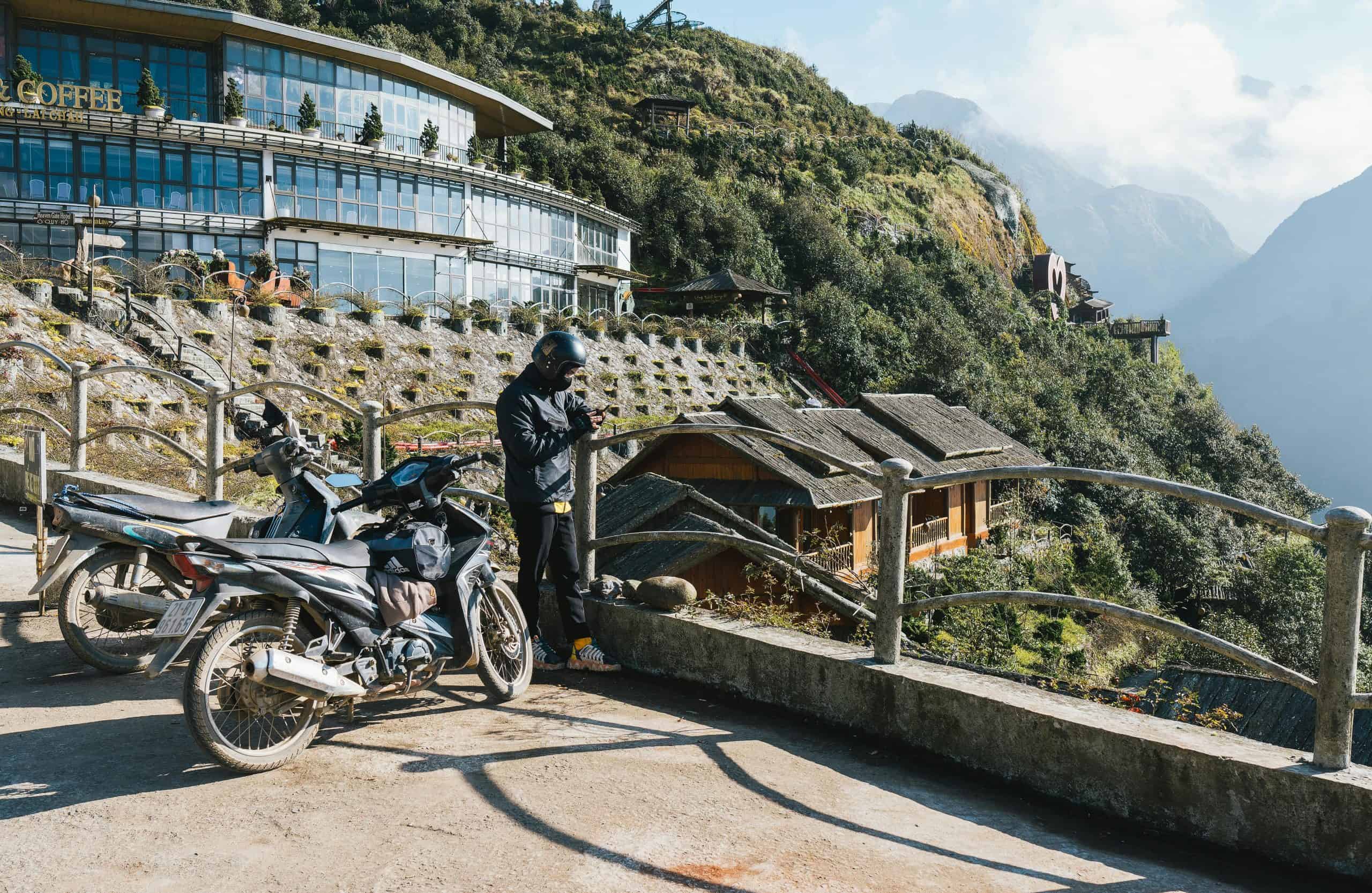Uncovering the Science Behind Wanderlust

Expedia Group Advertising has released the results of its latest global research, The Science of Wanderlust, uncovering what drives travellers to move from dreaming about travel to actually making bookings in a world increasingly shaped by artificial intelligence. The study explores how people feel, react, and engage with travel content, identifying the emotional triggers and creative formats that turn inspiration into real travel decisions. It offers a practical guide for brands to connect with audiences more authentically, inspire them, and convert interest into action.
The Six Ingredients That Spark Wanderlust
The research highlights six key elements that make travel content truly compelling. Video emerged as the strongest motivator, with travellers reporting that moving visuals influence their choices far more than still images. Longer videos were found to evoke deeper emotional connections, proving that storytelling has a greater impact than stand-alone aesthetics. Authenticity also plays a crucial role in building trust, with travellers responding most positively to transparent, confident, and genuine tones, as well as to user-generated content that feels real and relatable.
A clear, structured narrative was shown to hold attention more effectively than a random collection of beautiful visuals. Travellers were most engaged when content opened with a clear message, maintained interest through an engaging middle, and concluded with a strong call to action. The pace of visuals also mattered, with scenes lasting a few seconds each giving viewers enough time to absorb information and connect emotionally. Rapid transitions often led to confusion and loss of interest.
While artificial intelligence is making its presence felt in travel storytelling, travellers prefer AI as a supportive tool rather than a full creator. Many respondents appreciated AI-enhanced content that included human input but were less receptive to fully automated materials. Representation also proved to be a key factor, with inclusive visuals and messaging helping audiences relate to destinations and build trust with the brand.
“In an era overflowing with travel inspiration, understanding what truly moves people to book is invaluable,” said Rob Torres, Senior Vice President, Expedia Group Advertising. “This research offers travel marketers a clear framework to create content that connects emotionally, builds trust, and ultimately converts interest into bookings.”
Generational Insights into Travel Content
The study also revealed generational differences in how people respond to travel content. Younger audiences, such as Gen Z and Millennials, experience stronger emotional reactions to travel storytelling and engage more with videos and influencer-led content. Older generations like Gen X and Baby Boomers prefer brand-led messages, informative guides, and sponsored features that convey authority and depth rather than emotional pull.
Attitudes Toward AI in Travel Advertising
Travellers across age groups have begun to notice AI-generated materials in travel advertising, though their opinions remain mixed. Most said they are comfortable with AI being used when paired with human creativity. Many expressed enthusiasm for AI’s role in simplifying trip planning, finding smarter deals, and helping with budgeting tools, while fully AI-generated influencers or landscapes tended to cause scepticism and unease. Millennials showed the greatest comfort with AI integration, followed by Gen Z audiences.
“With so much discussion about AI, privacy, and personalisation, we wanted to understand how travellers truly feel about AI’s presence in the travel journey,” added Torres. “The results show that AI can help marketers win attention and trust, provided it complements human creativity rather than replaces it.”
Distinct Preferences by Traveller Type

The Science of Wanderlust also explored different traveller archetypes and how each responds to specific types of content. Beach travellers prefer relaxing visuals featuring pools, spas, and calm surroundings. Amusement park travellers respond to short, lively videos that are family-oriented and easily shareable. Adventure travellers engage with long-form, nature-focused videos, often on platforms like YouTube, and tend to be more cautious about AI-generated content. City escapists are drawn to long-form storytelling centred on food, nightlife, and urban culture. Cultural connectors look for inspirational content that celebrates heritage and local traditions, while luxury travellers are comfortable with AI-enhanced materials and often take cues from influencers and high-end creators.
Turning Insights into Action
Expedia Group Advertising is already working with several leading destinations, including GoTürkiye, the Bahamas Ministry of Tourism, Investments & Aviation, the Jamaica Tourist Board, and VisitPanama, to apply these insights in real-world campaigns. Through the Expedia Group travel media network, these partners are developing visually rich, multi-stage campaigns designed to engage travellers at every step of their planning and booking journey.
Research Methodology
The Science of Wanderlust combines insights from two complementary research initiatives. The first, conducted by EG Labs in July 2025, analysed emotional and behavioural responses through eye-tracking and facial-scanning technology alongside in-depth interviews with leisure travellers. The second, a survey carried out in August 2025 with Censuswide, gathered responses from seven thousand travellers across seven countries—the United States, Canada, Mexico, the United Kingdom, France, Japan, and Australia—all of whom had travelled for leisure within the past year and viewed travel content that influenced their decisions.
Together, these findings form a comprehensive guide for travel brands seeking to create content that inspires emotion, builds trust, and leads to real bookings in a market increasingly shaped by artificial intelligence.
Read More: News



